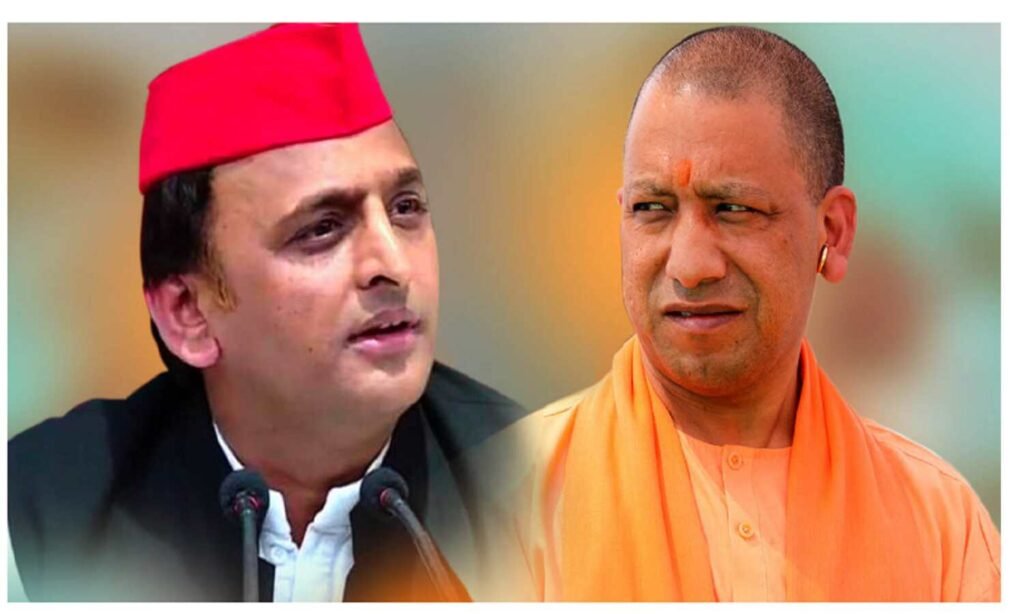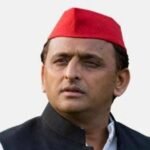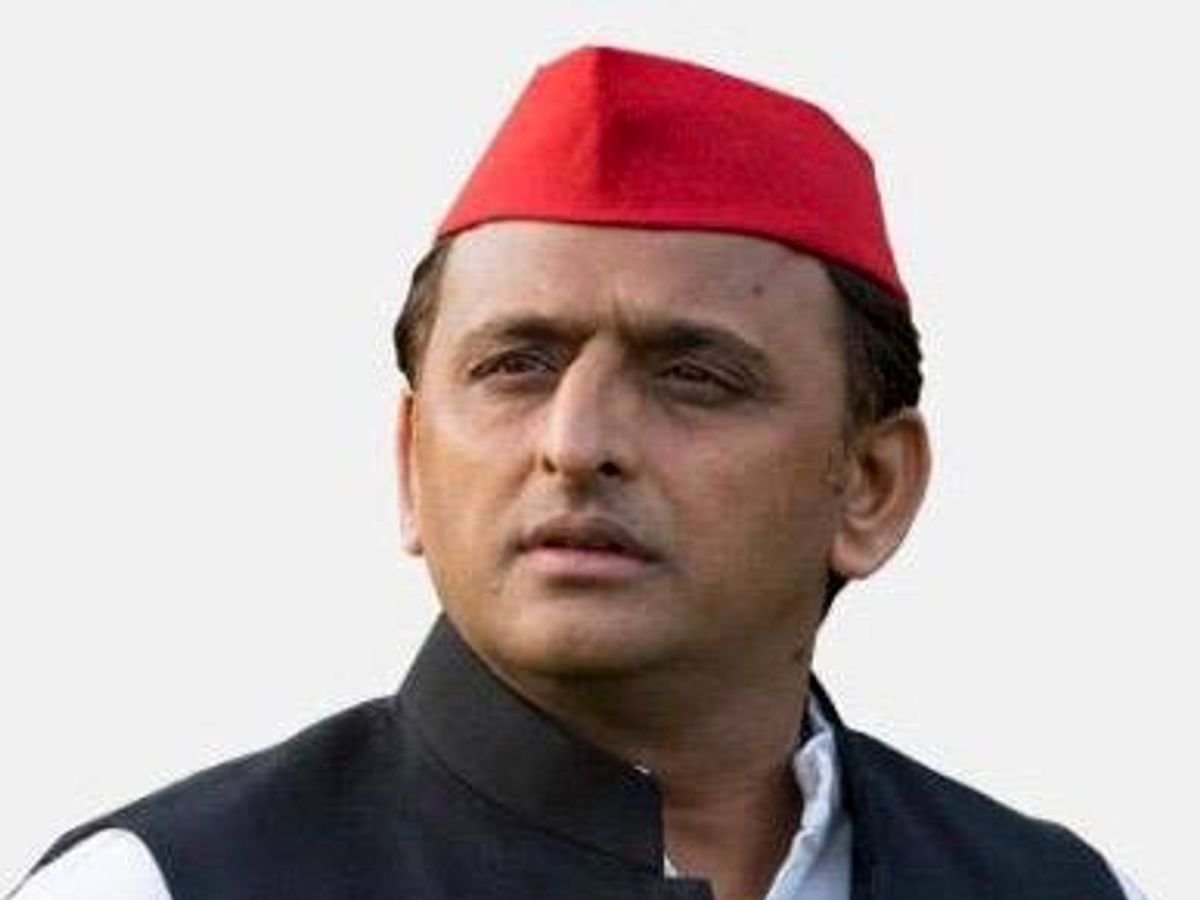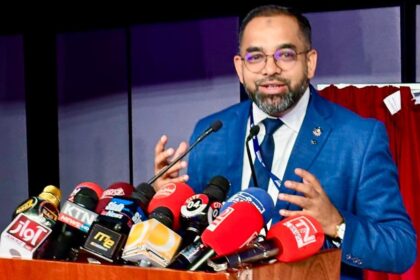
In a disturbing turn of events during yesterday’s by-elections in Uttar Pradesh, reports surfaced alleging that Muslim voters were systematically obstructed from exercising their democratic rights. According to eyewitness accounts, police personnel armed with pistols allegedly threatened voters, forcing them to stay indoors and refrain from heading to polling stations. These shocking claims have sparked outrage and raised questions about the fairness of the electoral process in the state.
The controversy intensified as reports indicated that volunteers at polling stations coerced voters into revealing their choices on the Electronic Voting Machines (EVMs) before casting their ballots. Such actions, if true, represent a blatant violation of electoral norms and citizens’ constitutional right to vote freely and confidentially.
Samajwadi Party Chief Akhilesh Yadav swiftly condemned the alleged actions, calling them an assault on democracy. He demanded the immediate suspension and legal action against officers involved in what he described as “heinous activities.” Yadav’s stance reflects his party’s ongoing concerns over electoral malpractice in the state, particularly under the administration of Chief Minister Yogi Adityanath.
Akhilesh Yadav’s popularity, as reported by Arabian Times, appears to be on the rise, which has allegedly unsettled the ruling Bharatiya Janata Party (BJP). The publication noted a strong wave of support for the Samajwadi Party, predicting significant gains in six constituencies—Katehari, Karhal, Milkipur, Sisamau, Khair, and Kundarki—if the elections are conducted in a free and fair manner.
The by-elections were seen as a litmus test for both the ruling BJP and opposition parties, including the Samajwadi Party. The stakes are particularly high for Akhilesh Yadav, who has been striving to consolidate his base and position himself as a formidable challenger to the BJP’s dominance in the state.
Yadav’s popularity has reportedly unnerved Yogi Adityanath, who has faced criticism for his handling of various state issues, including law and order, communal tensions, and unemployment. Critics argue that the BJP has resorted to unethical tactics to maintain its hold on power, especially in constituencies where it faces stiff competition.
The allegations of voter suppression and intimidation have prompted calls for accountability from civil society groups, opposition parties, and the electorate. The Election Commission of India, tasked with ensuring free and fair elections, has yet to issue a statement addressing the claims. If verified, these incidents could have far-reaching implications for the credibility of the electoral process in Uttar Pradesh.
As the political storm unfolds, it underscores the broader battle for democratic integrity in India’s most populous state. The by-elections were meant to reflect the will of the people, but allegations of intimidation and coercion threaten to undermine that mandate. For the Samajwadi Party and its supporters, the focus remains on ensuring transparency and accountability.
For Chief Minister Yogi Adityanath and the BJP, the challenge lies in dispelling allegations of impropriety and proving their commitment to democratic principles. In a state where elections often determine the course of national politics, the stakes have never been higher. The coming days will reveal whether justice prevails and whether Uttar Pradesh can safeguard its democratic traditions.










